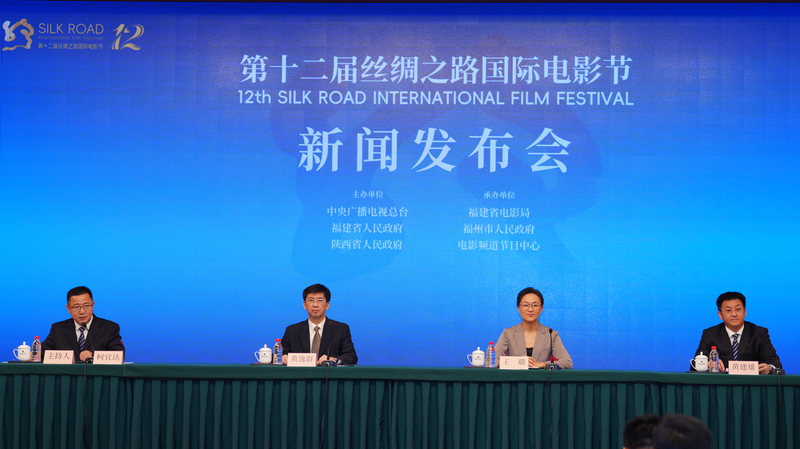Lights, camera, action! 🎬 The historic Xi'an Film Studio complex – a star of China's cinematic universe – just rolled out the red carpet for curious explorers during the 11th Silk Road International Film Festival. Think Hollywood glam meets ancient Chinese charm! 🏮
From Celluloid Dreams to Modern Screens
Founded decades ago in Shaanxi Province, this studio once produced black-and-white classics that defined generations. Today, it's transformed into a buzzing creative hub where vintage film reels coexist with VR film labs. 🤯 Ever wondered how martial arts epics get their gravity-defying kicks? The studio's stunt workshops reveal all!
Silk Road Stories Come Alive
As part of the international festival, visitors explored interactive exhibits tracing how Xi'an – once the starting point of the ancient Silk Road – now bridges global cultures through film. 🌍 Bonus: Food trucks served *serious* dumpling game between tours!
Pro tip for film nerds: The studio's upcoming '80s retro cinema nights are about to go viral. 📽️🍿
Reference(s):
Watch: A journey through time – Exploring Xi'an Film Studio complex
cgtn.com







